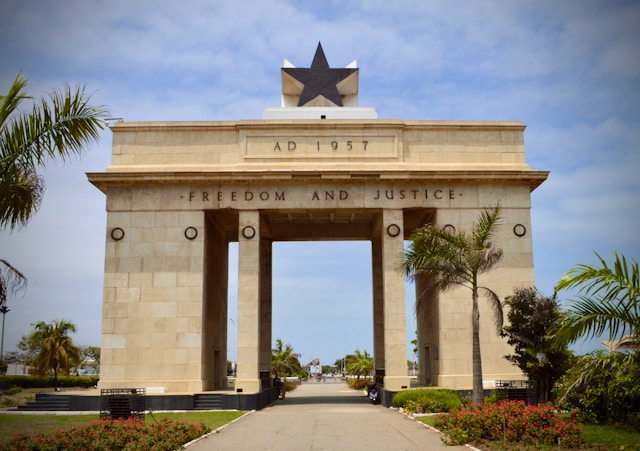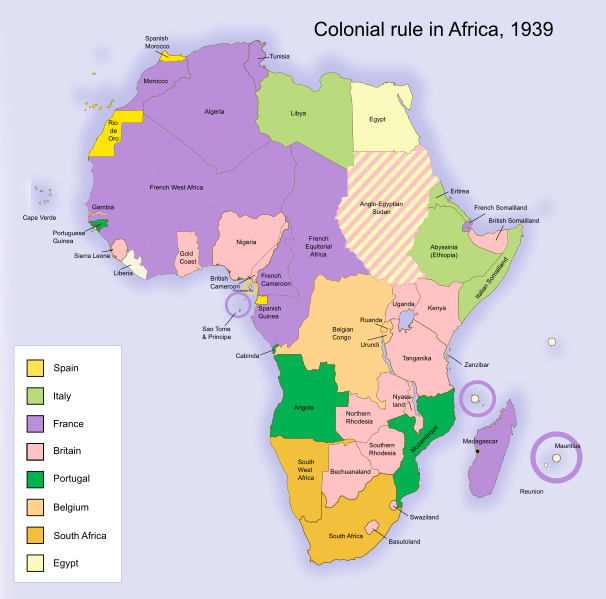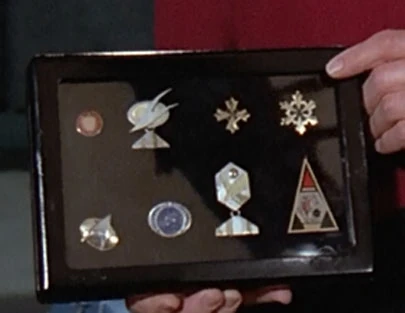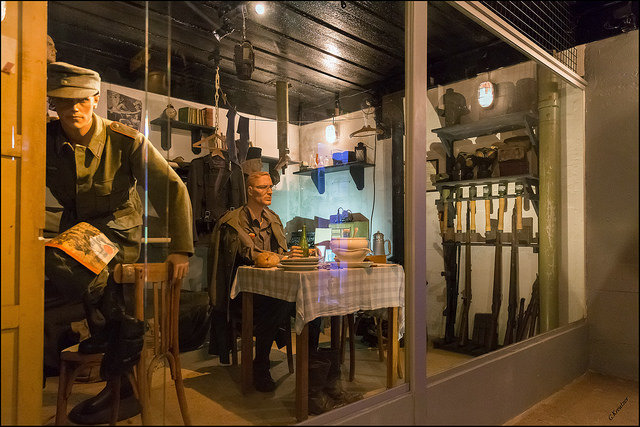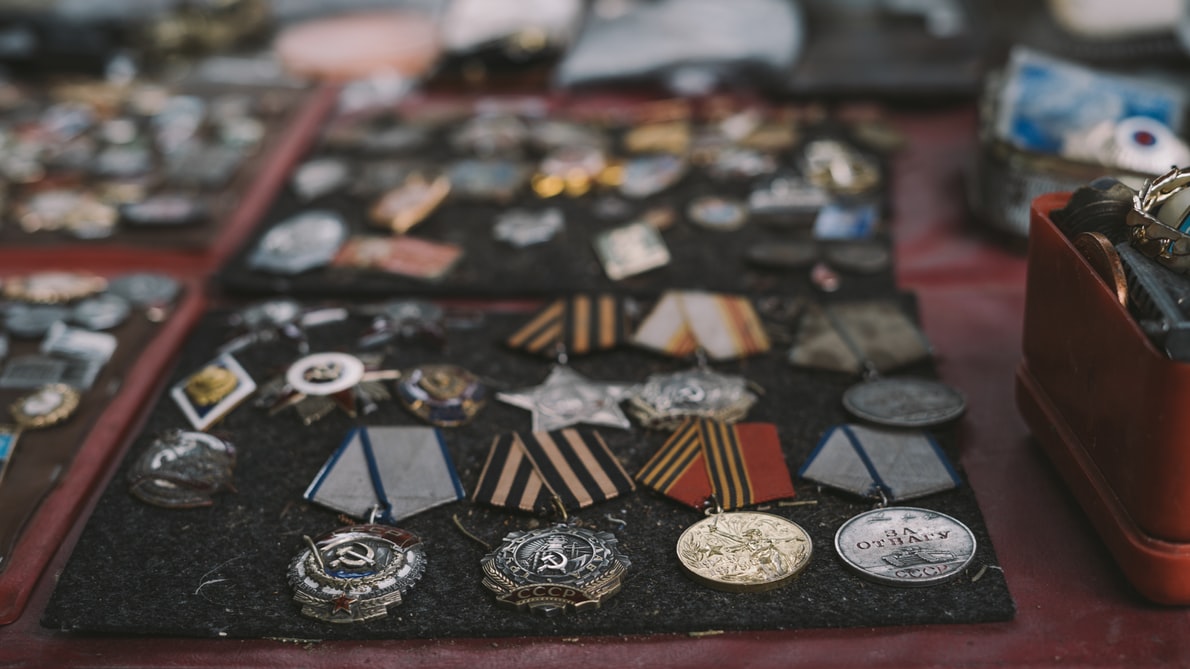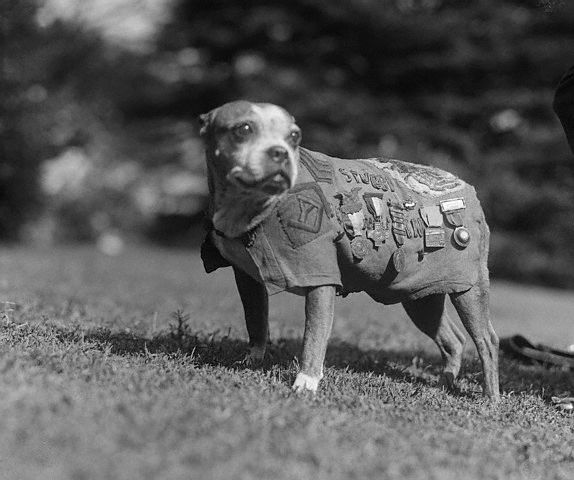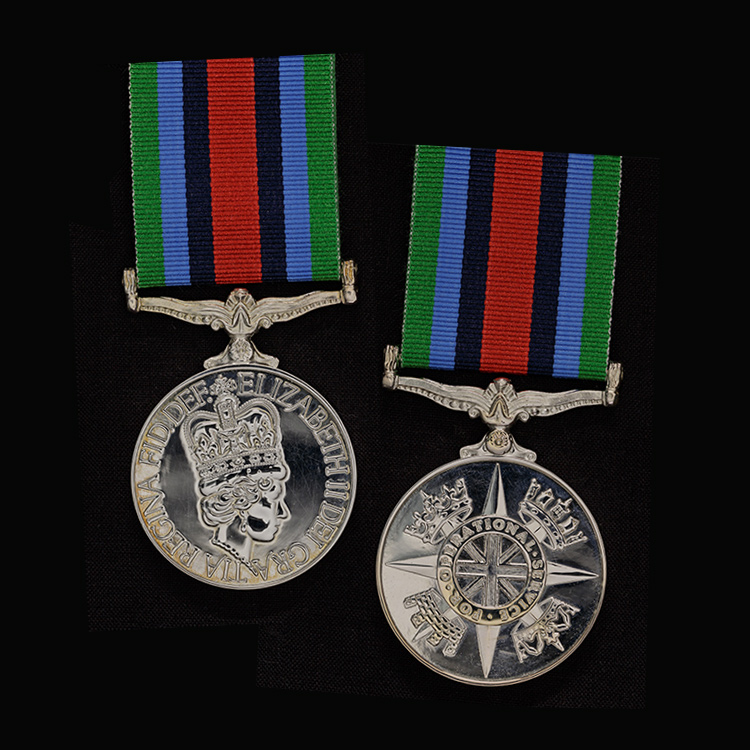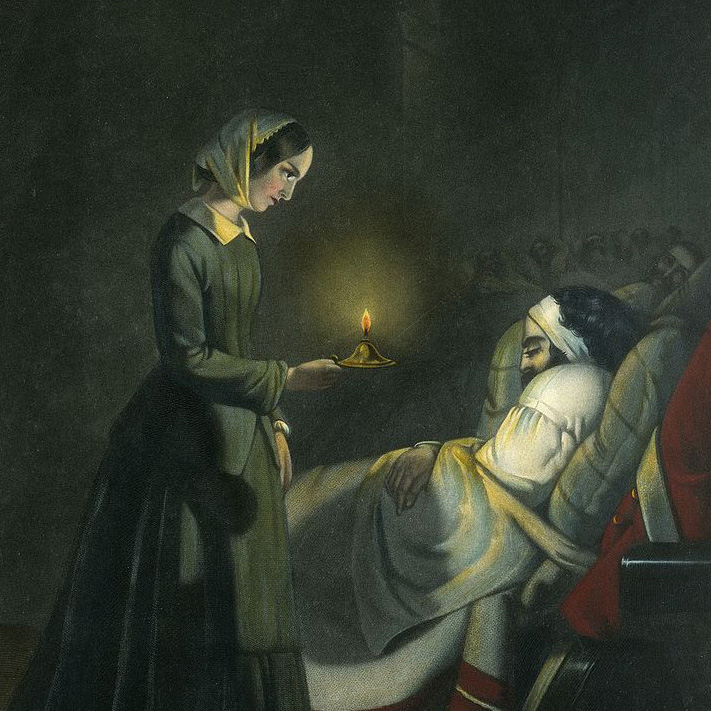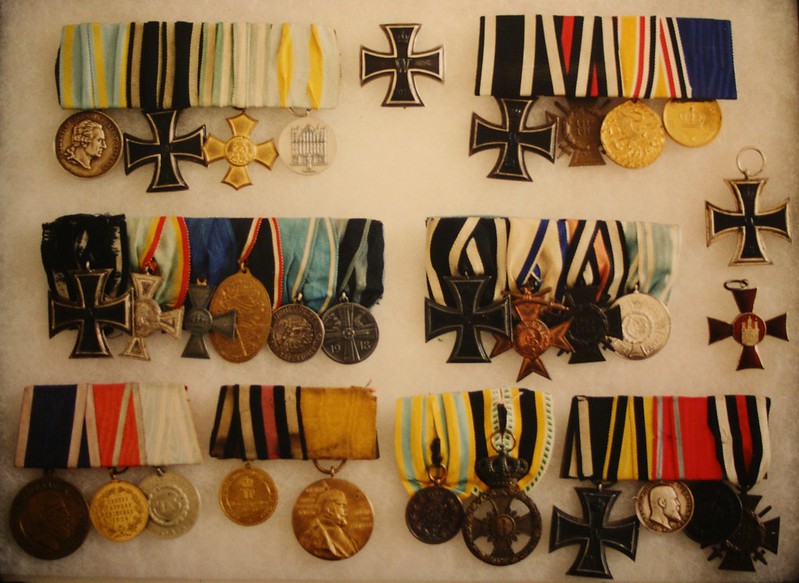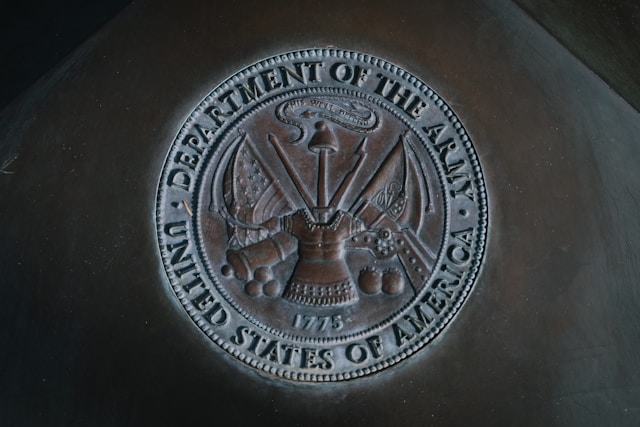Africa’s struggle for independence from colonial rule marked a pivotal chapter in the continent’s history, characterized by resilience, unity, and the pursuit of freedom. Central to this transformative period were the individuals and groups who dedicated themselves to liberation movements, seeking to overthrow colonial regimes and establish self-governance.
In recognition of their sacrifices and contributions, medals and honors were bestowed upon these heroes of independence, serving as tangible symbols of courage, leadership, and perseverance. So, let’s take a look at some of these awards, their stories, and meaning.
The Historical Context
During the colonial era in Africa, which spanned from the late 19th century to the mid-20th century, European powers such as Britain, France, Belgium, Portugal, and Germany imposed their rule over vast territories on the African continent. This period was characterized by the systematic exploitation of Africa’s natural resources, forced labor, cultural suppression, and the imposition of colonial administrations that favored European interests.
The impact of colonialism on Africa was profound and far-reaching. Indigenous populations were subjected to harsh treatment, including forced displacement, enslavement, and violence. Economic systems were structured to benefit colonial powers, too, leading to the extraction of wealth from Africa to European countries.
In response to these injustices, liberation movements began to emerge across Africa. These movements were fueled by a desire for self-determination, freedom from foreign domination, and the restoration of African sovereignty.
Medals and Honors of the African Independence Movement
The medals awarded during Africa’s struggle for independence reflected the diverse nature of liberation movements and the individuals involved. Criteria for receiving these honors often included acts of bravery, leadership, and dedication to the cause. Medals were designed to embody the spirit of liberation, featuring motifs such as freedom symbols, national emblems, and cultural icons.
Among the recipients of these medals were iconic leaders such as Nelson Mandela, Julius Nyerere, and Kwame Nkrumah, whose visionary leadership and unwavering commitment to liberation inspired generations. Additionally, grassroots activists, freedom fighters, and ordinary citizens were recognized for their contributions to the struggle, underscoring the collective effort that drove Africa towards independence.
Here are some example of such medals (in his case, all from South Africa):
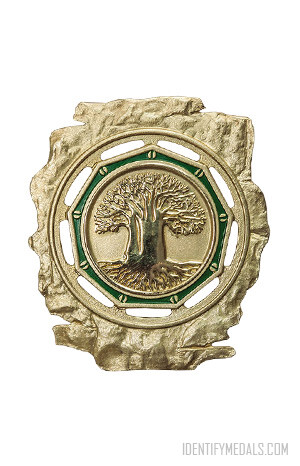
The Order of The Baobab
The Order of The Baobab is a South African order created to award citizens for services to democracy, human rights, arts, and sciences.
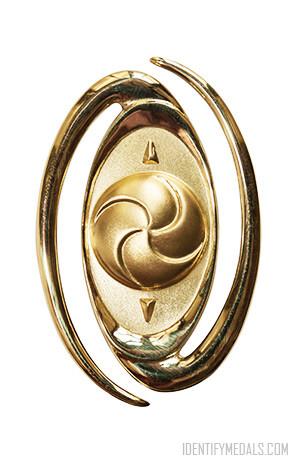
The Order of the Companions of O. R. Tambo
The Order of the Companions of O.R. Tambo is a South African order created to award heads of state and senior diplomats for friendship to SA.
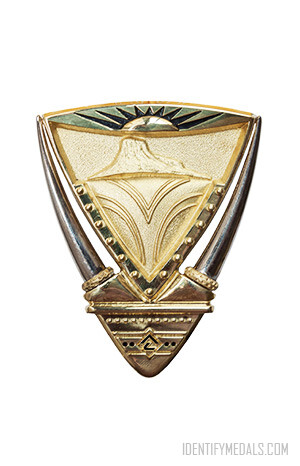
The Order of Luthuli
The Order of Luthuli is a South African order created to award citizens or contributions to democracy, human rights, and justice.
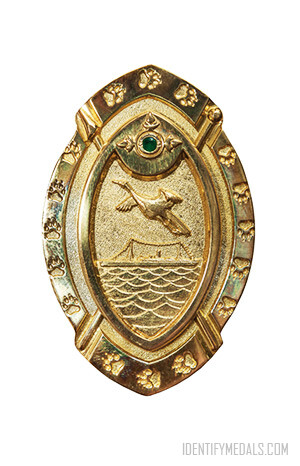
The Order of Mendi for Bravery
The Order of Mendi for Bravery is a South African order created to award citizens who have performed acts of bravery to save lives or property.
Other medals established to celebrate the independence of African countries include:
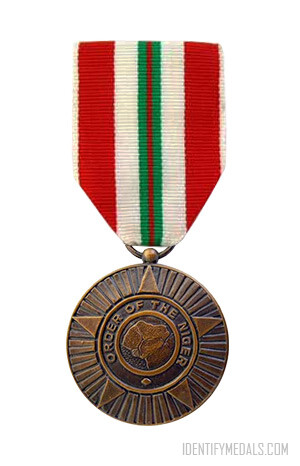
The Order the Niger
The Order of the Niger was one of the two orders of merit established by Nigeria after it became an independent country.
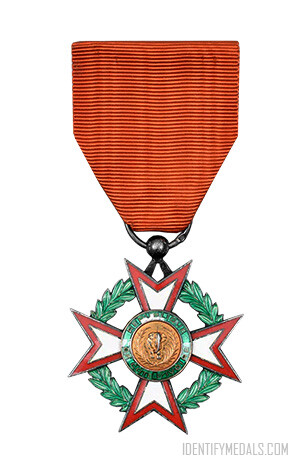
The National Order of the Republic of Ivory Coast
The National Order of the Republic of Ivory Coast is the country’s highest state honor and awarded for high distinction.
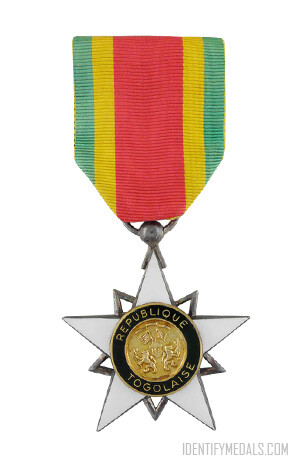
The Order of Mono
The Order of Mono is the highest order of chivalry in Togo. It is conferred upon Togolese civilians and military personnel.
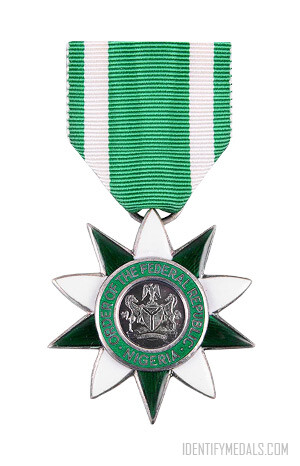
The Order of the Federal Republic (Nigeria)
The Order of the Federal Republic is a Nigerian order of merit and one of the highest honors bestowed by the country.
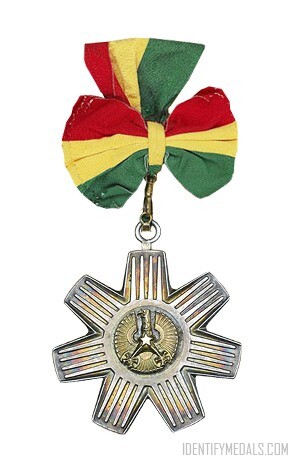
The Order of the Star of Ghana
The Order of the Star of Ghana is a Ghanaian award given to individuals who have helped the cause of the country.
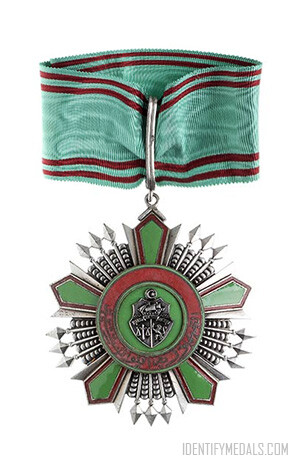
The Order of the Republic of Tunisia
The Order of the Republic of Tunisia is a decoration awarded to those who have contributed to the establishment of the Republic.
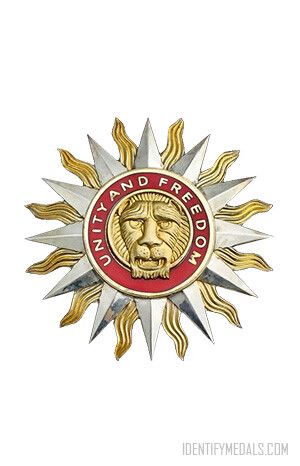
The Order of the Lion of Malawi
The Order of the Lion of Malawi is the highest state order and the second-highest honor bestowed by the government of Malawi.

